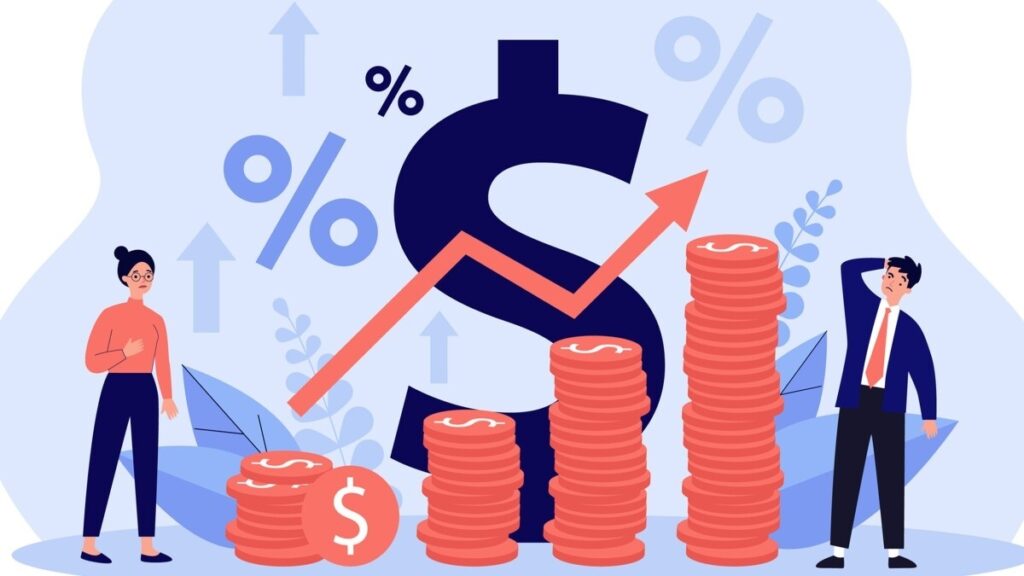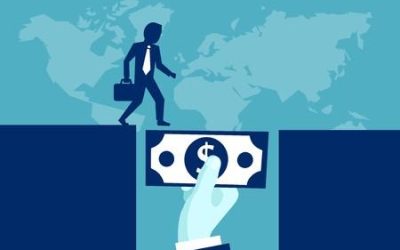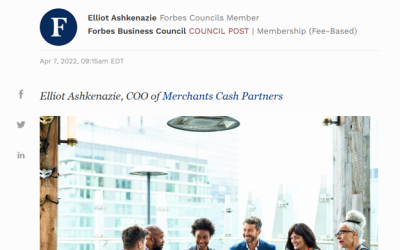What Does it Mean for Small Businesses When Interest Rates Go Up?
According to the latest official figures, the current federal tax rate stands at an elevated 3
percent–3.25 percent. The current rate is the highest in nearly a decade, but it’s only the
beginning.
The Federal Reserve has signaled that further significant increases could be coming in the near
future as it battles inflation and attempts to get the economy back on track.
This increase affects every business owner. However, small businesses that are more
vulnerable to higher interest rates are especially at risk.
During this time of economic uncertainty, profound implications will be felt, especially for small
businesses that rely on loans, lines of credit, and other debt instruments to finance their
operations.
While we can’t tell you exactly how much rates will go up or how soon it will happen, we can
give you some ideas on what to expect and what actions are available to take if necessary.
What the Federal Rate Hike means for small businesses.
Higher interest rates will have an immediate impact on small businesses and the way they
operate. As many startups rely heavily on variable credit lines, a rise in rates could make it
challenging to keep up with their financial obligations.
This can be especially problematic if the business is already cash-strapped, as they may not
have the money to pay off their loans. Leading to missed payments, default, and ultimately
bankruptcy. Higher interest rates will have a more indirect impact on businesses that don’t rely
on credit lines.
Furthermore, as banks become more cautious about lending money and tightening down on
their selection process, companies may find it harder to secure financing for growth, expansion
purposes, or investment into new equipment.
In times of uncertainty, it is essential to take a proactive stance. To reduce risk, small
businesses should pay off any outstanding debts and ensure that their credit lines are
paid down as much as possible. They should also consider diversifying their revenue
streams and lowering the company’s overall reliance on credit.
Companies should be sure to keep a close eye on their cash flow. If they find
themselves needing more money than they have available, now is the time to consider
alternative financing options such as peer-to-peer lending.
Rising interest rates will also affect suppliers and consumers, which will hit harder on small
businesses. As consumers’ borrowing costs rise, they will have less disposable income to spend
on goods and services, impacting small businesses that rely on the consumer market for their
livelihood. In addition, suppliers may be hesitant to extend credit to small businesses if rising
interest rates squeeze their own cash flow.
It’s important to stay up-to-date on industry changes and ensure you are prepared for
any economic shifts that could impact your business. While higher interest rates can
definitely have a negative connotation for small companies, if you invest your savings
when interest rates rise, your money will earn more. Higher relative rates could also lead
to a strong U.S. dollar which will also be a positive factor if your business relies on
importing goods from abroad.
At Merchants Cash Partners, we understand the financing needs of businesses in all industries,
and we have the resources you need to grow and succeed.
Our goal is to provide you with the financing solution that best meets your business needs.




